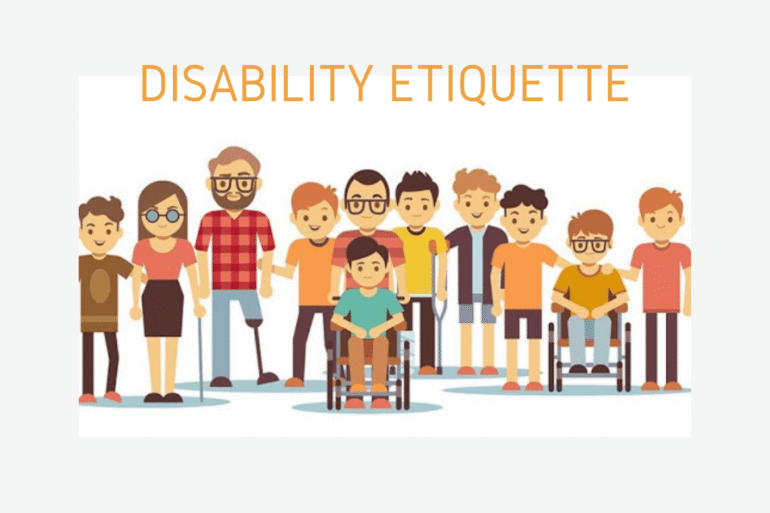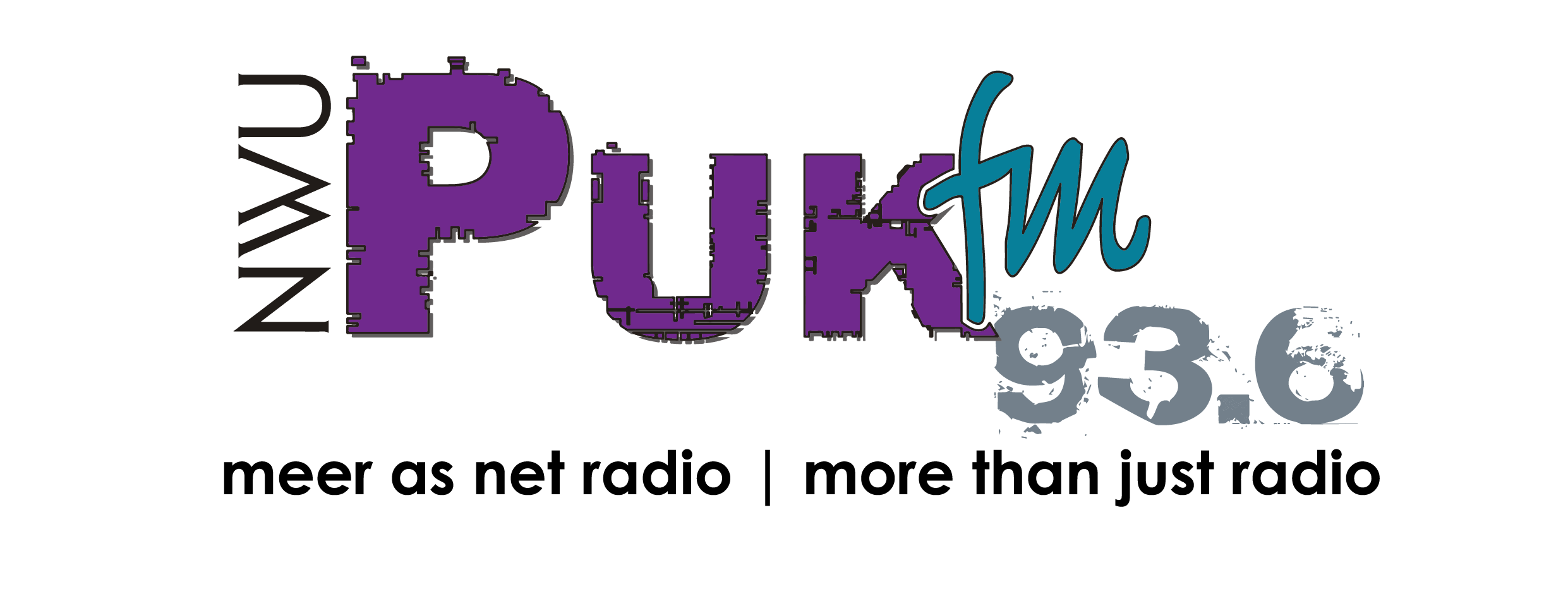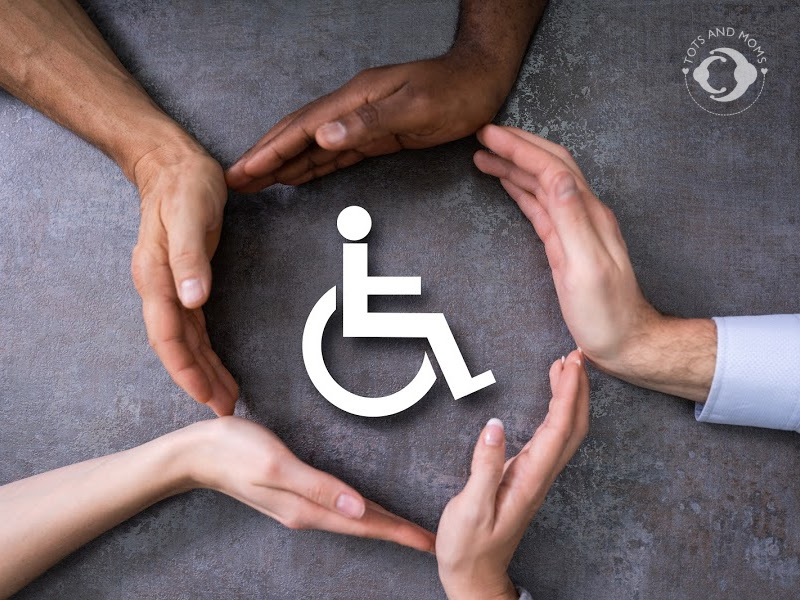-
 play_arrow
play_arrow
PUKfm
-
 play_arrow
play_arrow
London Calling Podcast Yana Bolder
-
 play_arrow
play_arrow
Summer Festival Podcast Robot Heart
-
 play_arrow
play_arrow
Electronic Trends Podcast Aaron Mills
-
 play_arrow
play_arrow
New Year Eve Podcast Robot Heart
-
 play_arrow
play_arrow
Techno Podcast Robot Heart
-
 play_arrow
play_arrow
Flower Power Festival Podcast Robot Heart
-
 play_arrow
play_arrow
Tech House Podcast Robot Heart
-
 play_arrow
play_arrow
Winter Festival Podcast Robot Heart
Abygail Smit
@abysmit06
In honor of the North-West University (NWU) Potchefstroom campus hosting Disability Rights Week, where residences used stalls to represent different mental and physical disabilities. They hosted events, talks and fun games to raise awareness. It is important that students know about the etiquette regarding disabled students and their aids.
According to Accesibility.com, a website created to help people navigate their communication with disabled peers, there are a few etiquette guidelines students can follow to ensure that everyone is treated fairly. Practicing disability etiquette is not about being overly cautious or treating someone differently, but about creating an environment where everyone feels valued, respected, and included. On our campus, this could mean being mindful of how classroom layouts or group projects affect students with mobility, hearing, or visual impairments. Something as simple as saving an accessible seat in a crowded lecture hall or making sure a group presentation includes captions or transcripts, can make a dramatic difference.
Firstly, when speaking to a disabled person, try to address the person and not the person accompanying them. This lets the person know you see and respect them as an individual. Secondly, don’t make assumptions about what a person is about to say and rather let them finish their sentence. Thirdly, when service animals are on the job, first ask their owner if you may pet or touch them, as not all service animals are friendly, and they are there to protect their owner. Also, be hesitant to feed service animals, if you don’t know their diet it could be harmful. Fourthly, it is good etiquette to adjust your eye level and posture when speaking to someone who, for example, uses a wheelchair. Finding a place where you can sit, so that you can speak at eye level will show that you don’t want to overpower others and that you see them as equals.
When speaking about a disabled person, do not use any negative language. People are not their disabilities and have more to offer, so instead of saying “confined to a wheelchair”, say the person “uses a wheelchair”. A helpful tip when communicating with disabled people is to ask them how they prefer to be addressed. Everyone prefers something different and asking can go a long way. Disability etiquette is important for thorough, respectful and fair communication. On a campus where we have diverse students with different ways and lifestyles, it is our responsibility to ensure that we do our best to communicate with everyone as best as we can.

A picture displaying various individuals with different disabilities with the heading ‘Disability Etiquette’ (Source: Abygail Smit)
Edited by Mignon Walters
Written by: Wapad
Similar posts
Recent Comments
Chart
-
-
-
 play_arrow
play_arrow
I Had Some Help (feat. Morgan Wallen) Post Malone
-
-
-
 play_arrow
play_arrow
Not Like Us Kendrick Lamar
-
-
Top popular

VARSITY CUP TICKET RESELLERS AND BUYERS – MAY BE DENIED ACCESS

UNANSWERED AND UNSPOKEN: NWU’S SILENCE ON SUSPENSION OF SCC STUDENT LEADER

NWU EXPELS STUDENT LEADER AFTER INTERNAL FINDING OF SEXUAL MISCONDUCT

MARCHING FOR JUSTICE AND POLICE ACCOUNTABILITY: THE TRUTH BEHIND THE TMM LOFTS PROTEST

DEGENAAR PRAAT OOR DIE NA-SKOK VAN ‘N TRAGEDIE






Post comments (0)